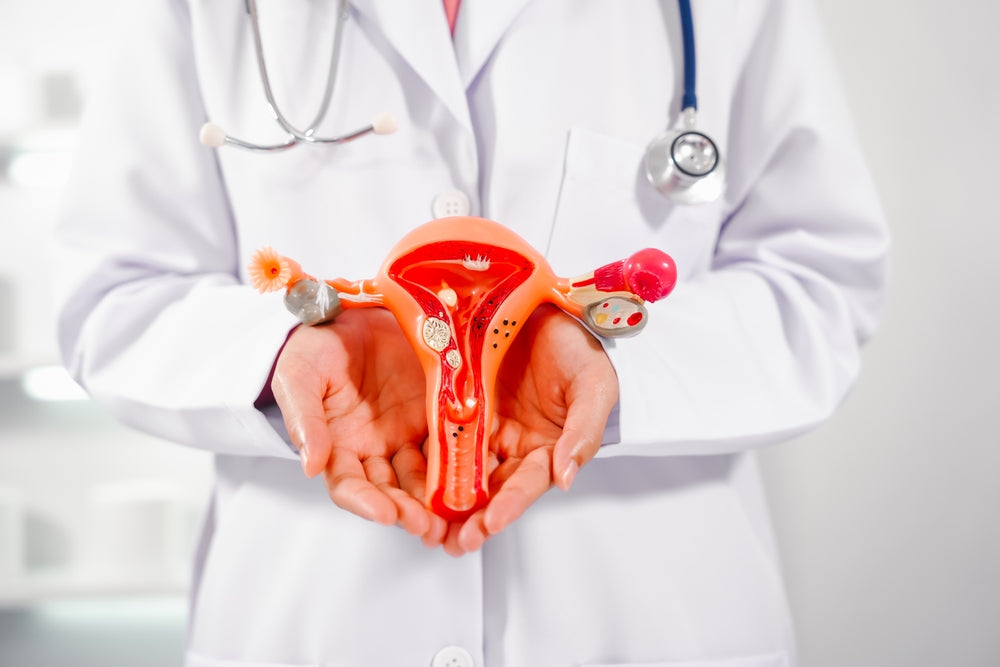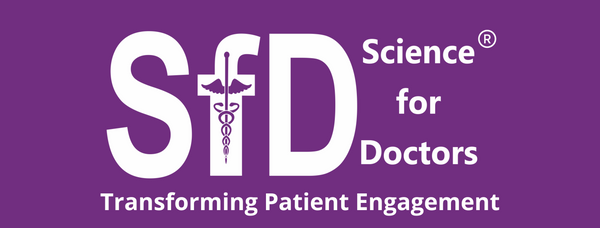
A Comprehensive Guide to Gynecology: Understanding Women’s Health
Share
Gynecology is a vital branch of medicine that focuses on the health and well-being of the female reproductive system. From adolescence to post-menopause, gynecology plays a crucial role in ensuring women lead healthy lives. This blog explores the importance of gynecology, common conditions, preventive care, and when to visit a gynecologist.
What is Gynecology?
Gynecology deals with the diagnosis, treatment, and care of the female reproductive organs, including the uterus, ovaries, fallopian tubes, and vagina. It also encompasses broader aspects of women's health, such as hormonal balance, menstrual health, and sexual well-being.
Common Gynecological Conditions
- Symptoms: Irregular periods, heavy bleeding, or severe pain.
- Causes: Hormonal imbalances, polycystic ovary syndrome (PCOS), or uterine fibroids.
Polycystic Ovary Syndrome (PCOS)
- A hormonal disorder causing irregular periods, weight gain, and acne. It’s a common condition affecting women of reproductive age.
- This condition occurs when tissue similar to the uterine lining grows outside the uterus, causing pain and infertility.
- Common infections include bacterial vaginosis, yeast infections, and sexually transmitted infections (STIs). Early detection is key to preventing complications.
- Gynecologists screen for cervical, ovarian, and uterine cancers, which can be life-threatening if not detected early.
The Importance of Preventive Care
Regular visits to a gynecologist are essential for maintaining overall health. Preventive care includes:
Annual Check-ups
Routine exams help detect conditions like infections or abnormal growths early.
Pap Smear and HPV Testing
These tests screen for cervical cancer and human papillomavirus (HPV), which is a leading cause of cervical cancer.
Breast Exams
Gynecologists often perform breast exams to detect lumps or abnormalities that might indicate breast cancer.
Contraceptive Counseling
Gynecologists advise on family planning and contraceptive options tailored to individual needs.
When to See a Gynecologist
- Pain during periods or intercourse.
- Irregular or missed menstrual cycles.
- Unusual vaginal discharge or odor.
- Concerns about fertility or planning for pregnancy.
- Symptoms of menopause, such as hot flashes or mood swings.
Tips for Maintaining Gynecological Health
Stay Active
Regular exercise helps maintain hormonal balance and reduces the risk of conditions like PCOS.
Healthy Diet
Include nutrient-rich foods to support hormonal and reproductive health.
Practice Safe Sex
Use protection to prevent STIs and unwanted pregnancies.
Stay Informed
Keep up with your vaccinations, including the HPV vaccine, which prevents certain cancers.
Listen to Your Body
Don’t ignore symptoms like pain or irregularities; consult a gynecologist promptly.
Conclusion
Gynecology is more than just reproductive health; it’s an essential component of a woman’s overall well-being. By staying proactive and informed, women can lead healthier, happier lives. Regular visits to a gynecologist, a balanced lifestyle, and early detection are the cornerstones of good health.
Prioritize your health—schedule a check-up with your gynecologist today!
